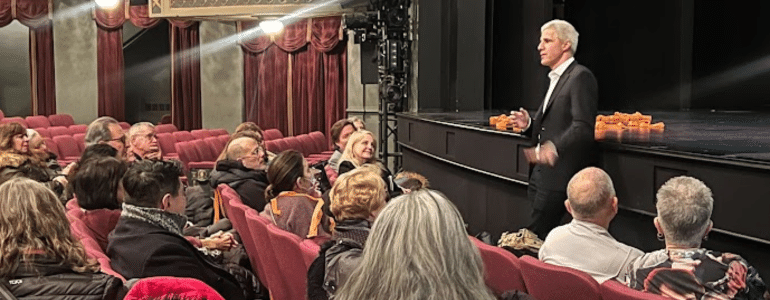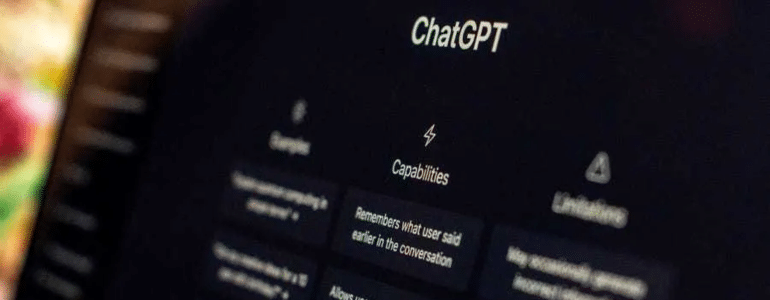Come on, everybody does it . . .
. . . And you know you do too.
When you’re all alone, and no one is watching . . . you google you.
And no matter what your parents may have told you, googling yourself is a good thing.
This sort of behavior, also referred to as “ego-surfing,” used to be reserved exclusively for the obsessive actor, who got cheap thrills from seeing their name pop up multiple times.
However, in the age of the online consumer review, when blogs are bling and user generated content is king, it’s essential that you google yourself. And your show, your theatre company, your product, or anything and everything that your audience or customers may talk about online.
It’s the cheapest focus group you can find.
When you find bad things, and you will, try and look at them objectively. Yes, take into account the source, the language, etc. but see if there’s anything to learn from the worst of the worst. And if you see several people saying the same thing . . . take heed. Maybe you can make an adjustment that can prevent future online outbursts.
Same with the good stuff! Don’t just pat yourself on the back. Examine exactly what people enjoy. Notice a trend? Exploit it! Advertise it, incorporate into copy, etc. There’s as much to learn from the good as from the bad.
And don’t stop there.
You know what’s great about the web? It’s a two way super-highway.
If someone wrote about your show and didn’t have a good time (seats were uncomfortable, show wasn’t what they thought it was going to be), reach out to them. Apologize. Offer to somehow make it right. Get them tickets to another show. People who purge themselves online usually don’t stop there. They do it with friends, family and so on. You can try and stop the vile word of mouth by just saying you’re sorry, and seeing if there’s something you can do. Just hearing from you may shock them speechless.
And if someone said something nice? Thank them! Positive affirmation is the best way to keep people doing what you want them to do. Drop them a personal note. You’d be amazed at the kudos you’ll get for dropping a fan of your show an email that comes “directly from the producer.” Cost to you? 30 seconds. And now they have another reason to talk about your show.
I like to do a few things when I find a good post or blog about one of my shows. I send an email as mentioned above, then I ask for their address so I can send them a gift (an autographed program, a sample cd, etc.). Not only have I given them some great positive reinforcement to continue doing their “good work” . . . but I’ve also gotten their actual address in case I want to market my next show to them
Think about someone talking about you online like a call to your customer service department. Don’t be like a company that outsources its customer service to a foreign country. Surprise your customer. Pick up the phone, listen, and talk back . . . in English.
KEN’S TIP O’ THE DAY: Google introduced an incredible service a few years ago that leaves the googling to them. Rather than have to remember to search for yourself or your show every day, you can set up a google alert on whatever keyword you want. Google will email you whenever that word appears on the web. I have one for all of my shows and some of my competitors. You should too.
Set them up here.
Podcasting
Ken created one of the first Broadway podcasts, recording over 250 episodes over 7 years. It features interviews with A-listers in the theater about how they “made it”, including 2 Pulitzer Prize Winners, 7 Academy Award Winners and 76 Tony Award winners. Notable guests include Pasek & Paul, Kenny Leon, Lynn Ahrens and more.















